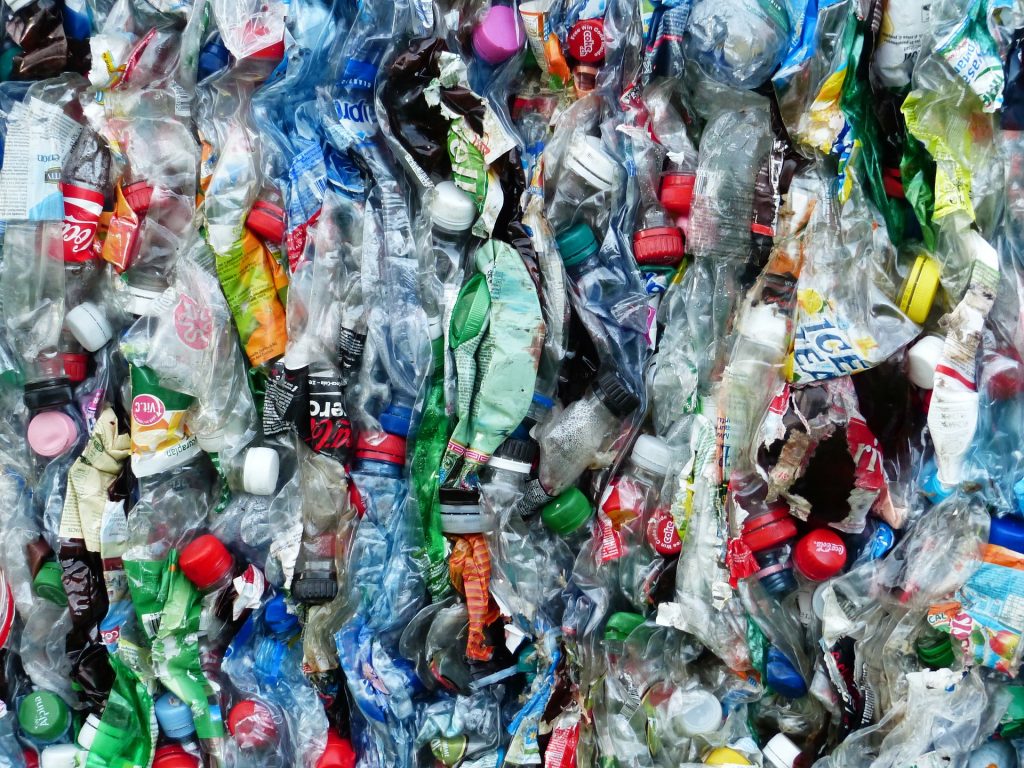Airlines embrace their role in confronting climate change.
When international experts look beyond COVID-19, they almost unanimously agree humans must reduce their carbon footprint or face more severe pandemics and crises. According to YouMatter, a news portal reported that passenger jets produce roughly five times as much carbon dioxide per kilometer as an average car; they also consume far more fuel than cars.

That means EgyptAir and other airlines must accelerate plans to make their fleets more fuel-efficient and environmentally friendly. “Airlines will look at the world in a different light as the recovery develops,” says John Grant, a senior analyst at OAG, an airline research and publishing firm. “Network structures will change, and older aging aircraft such as the 747 and A380 are vulnerable.”
New planes will be able to take travelers farther and faster, and in greater comfort than ever before, noted Grant. They’ll also burn less fuel than their predecessors. Richard Aboulafia, vice president of analysis at the aviation consultancy Teal Group, noted that many of the trends experts talk about today were already hot topics within the industry. “The pandemic is accelerating a preexisting shift to point-to-point travel with smaller planes connecting mid-sized cities,” he told CNTraveller. The world “doesn’t need a 520-seat monster that forces people to change planes in Frankfurt or Tokyo.”
Carriers are increasingly asking for nimble, more efficient aircraft. Meanwhile, manufacturers have started their journey toward environmental sustainability. “The aviation industry has committed to carbon-neutral growth starting from 2020,” said Airbus on its website. “But this ambitious target cannot be achieved using existing aircraft technologies. Alternative propulsion systems and energy sources, and innovative solutions to existing challenges, will help us to significantly reduce CO2 emissions in future aircraft.”
These new technologies include everything from designing more aerodynamic planes that Airbus says can reduce carbon emissions by 5%, to better engine management to reduce emissions by up to 40%, and ultimately using nitrogen by 2035 to eliminate aircraft emissions altogether. “There is a really big challenge there. And there is a big expectation from society which we think it is our duty to find answers to,” Sandra Bour-Schaeffer, chief executive of Airbus UpNext, which evaluates new technologies, told the BBC in January. “We believe that we have to go into a really … breakthrough technology.”
Skeptics are concerned this is all just talk from manufacturers, given their deep-rooted supply chains across the world feeding planes that have used the same technology for years. “That well-oiled manufacturing machine … it would certainly be strained and would have to be redesigned,” Steve Wright of the University of the West of England told the BBC in January.







